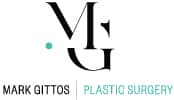Causes and Solutions for Breast Implant Illness
When researching or planning for breast plastic surgery, it’s important to be educated on the potential risks and complications that can occur following surgery. One of the phrases that you may see or hear when researching breast augmentation or breast reconstruction is “Breast Implant Illness.” It’s natural to feel concerned or curious when seeing this phrase, and you might wonder what exactly Breast Implant Illness is – especially if you plan to have breast augmentation or breast reconstruction with implants.
As a Specialist Plastic Surgeon who has performed more than 4000 breast surgeries, Dr Mark Gittos is dedicated to providing the desired results for each of his patients. This includes prioritising patient education and informing each of his patients about the potential risks of having breast implant surgery, such as developing Breast Implant Illness.
Whether you already have breast implants, or you are considering getting them in the future, Dr Gittos recommends educating yourself on the symptoms of complications such as Breast Implant Illness.
Download Dr Mark Gittos’ Guide to Cosmetic Breast Surgery
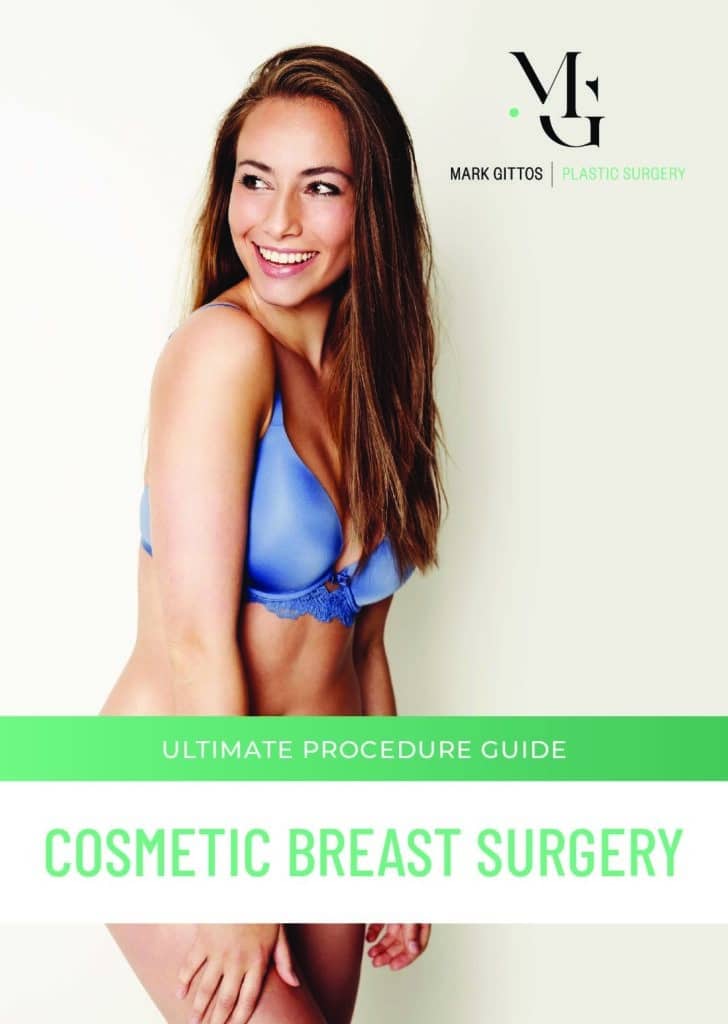
What Is Breast Implant Illness?
The term Breast Implant Illness, or BII, describes a wide variety of symptoms that are reported by some people who have had breast augmentation – or breast reconstruction – with breast implants. The symptoms of Breast Implant Illness are very different in each patient, and currently, there is no high-quality scientific evidence that shows these symptoms are caused by breast implants.
At the moment, BII is not an official diagnosis. However, many anecdotal stories from women who have had these symptoms after breast augmentation mean that the medical community is currently researching the cause of these symptoms.
Possibly, Breast Implant Illness might occur in some women who have increased sensitivity to breast implants. Further research may show why some people are more sensitive to implants than other people, as well as which part of breast augmentation with silicone implants leads to these symptoms.
What Causes Breast Implant Illness?
Although BII is not currently well understood by the medical community, experts believe that the disease might be caused by the body’s immune system reacting to the material of the implants. This “autoimmune” reaction might explain why women who have other autoimmune diseases seem to be more likely to develop BII.
Is BII Connected to Breast Implant Rupture?
Breast implant rupture is one of the complications that can occur following breast augmentation or breast reconstruction surgery. Rupture of implants is more likely to occur if you have had breast implants for a long time and causes the substance inside the implant (such as saline or silicone) to leak out into the capsule and the breast tissue.
Some researchers believe that BII might occur because of the body’s reaction to silicone that has leaked out of a ruptured implant. However, some women with symptoms of BII have not had any rupturing of their implants. Ruptured implants might cause BII symptoms in some women, but it is too early to say for sure.
It’s important to carry out regular checks of the appearance, texture, and density of your breasts so that you know what “normal” looks and feels like for you. This means that if you have any symptoms of breast implant complications or other breast issues such as cancer, you will be able to have treatment as soon as possible. If you would like more information on how to check your breasts for changes, see the guide at the Breast Cancer Foundation’s website here.
Symptoms of breast implant rupture can include:
- Feeling as if the breast implant has deflated
- A change in breast size or shape
- The breast feels harder or softer than normal
- Feeling lumps or swollen areas in the armpit or around the breast
- Pain, tingling, or other changes in sensation in the breast
- Swelling or redness of the breast
If you suspect you might have a ruptured implant, you should contact Dr Gittos or your GP immediately, even if you have no symptoms of BII. If your breast implant has ruptured, you will need to have the implant removed and replaced.
Can The Type Of Breast Implant Increase BII Risk?
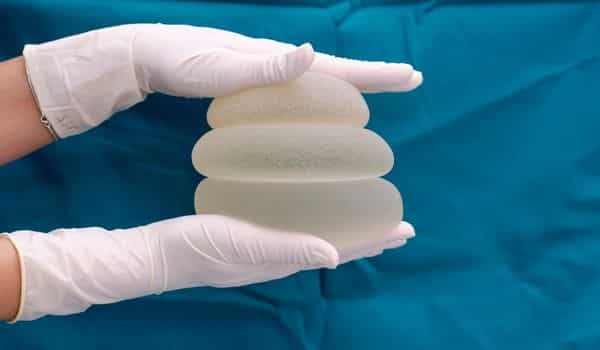
At the moment, it seems as if BII can develop with any of the most common types of breast implants used in breast augmentation or reconstruction, regardless of the material, shape, or texture of the implants.
This means that BII can occur with any of the following:
- Saline- or silicone-filled implants
- Smooth or textured implants
- Teardrop-shaped or round implants
Some researchers believe that silicone implants are more likely to cause BII than saline implants – however, there is currently no proof of these claims. Additionally, both saline and silicone-filled implants have a “shell” that is made of silicone. This means that women who have saline-filled implants are still exposed to silicone, even if the implant isn’t filled with it.
Who Is At Risk Of Breast Implant Illness?
While there are currently no high-quality medical studies that show the risk factors for Breast Implant Illness, it seems as if women who have certain medical conditions might be more likely to develop the condition.
These other medical conditions might include:
- Allergies
- Irritable Bowel Syndrome (IBS)
- Chronic migraines
- Chronic fatigue syndrome
- A family history of autoimmune illness
- Fibromyalgia, or other chronic pain conditions
Although people with these medical conditions may be more likely to develop BII, there are cases where BII has occurred in people without any other medical conditions. It is important to note that currently, there is no evidence showing that a history of breast cancer increases the risk of developing BII after breast reconstruction with implants.
Symptoms of Breast Implant Illness

Symptoms of BII seem to vary considerably from person to person, and no two cases are the same. All of the common symptoms of BII can also be caused by a variety of other medical conditions, which means that having some or all of these symptoms does not necessarily mean that you have BII.
However, some commonly reported symptoms of Breast Implant Illness include:
- Fatigue/excessive sleeping
- A feeling of brain fog or inability to concentrate
- Chronic pain or aching in the joints and muscles
- Dry or irritated skin
- Skin breakouts
- Dry eyes or blurry vision
- Scalp hair loss or thinning hair
- Increased anxiety levels
- Depression or low mood
- A sensitive gut or sore stomach
- Changes in the menstrual cycle
It is possible to have Breast Implant Illness and experience none of these symptoms – and it is also possible to have all of these symptoms without BII being the cause.
How Soon After Breast Augmentation or Reconstruction Does BII Develop?
Symptoms of BII can appear very soon after breast implant surgery, or they can take years to appear. There doesn’t seem to be a timeframe where symptoms are most likely to appear, although this could change following more high-quality research on women with BII.
Is Breast Implant Illness A Type Of Cancer?
No, BII is not the same as cancer. There is a type of cancer, called BIA-ALCL (breast implant-associated anaplastic large cell lymphoma) which is associated with textured breast implants. BIA-ALCL is very rare, and causes symptoms such as swelling and lumps in the breast and armpit area.
Unlike BIA-ALCL, there have been no documented fatal cases of BII.
How Common Is Breast Implant Illness?
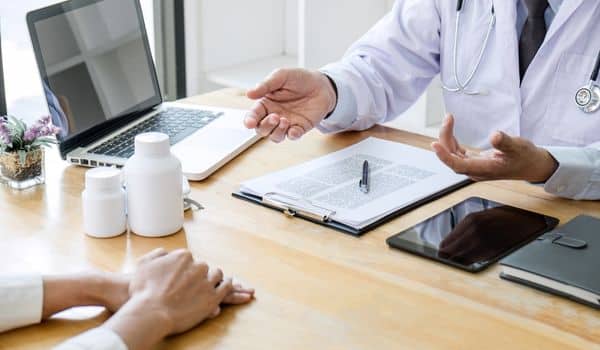
Because Breast Implant Illness is a relatively new diagnosis, investigations are still underway so that medical professionals can understand more about what causes these symptoms and how common they are. This means that right now, there are no high-quality studies on how common Breast Implant Illness is.
However, this doesn’t mean that Breast Implant illness is not a real diagnosis – it just means that more research is needed before we can understand why some women experience these symptoms, and why breast implants can cause this reaction.
How Is Breast Implant Illness Diagnosed?
At the moment, there are no diagnostic tests that are able to confirm a diagnosis of BII. Because all of the symptoms of BII can be caused by many other conditions, diagnosis of BII usually occurs after testing to rule out other causes of these symptoms.
Testing might include investigations such as:
- Blood tests
- Ultrasound of the breast area
- Allergy tests
- Mental health screening
If some of these tests are positive for other conditions, such as an autoimmune disease, your doctor will most likely choose to see if treatment other than breast explant surgery is able to help your symptoms before suggesting that you have your implants removed.
If none of these tests provides an answer for your symptoms, and treatment does not improve your symptoms, then breast explant surgery may be recommended.
Breast Implant Illness Treatment
After other causes of BII symptoms have been excluded, the treatment for Breast Implant Illness is the surgical removal of the breast implants, as well as the capsule around the implants.
This surgery is called explant surgery, and the removal of the capsule is called a capsulectomy.
FAQs about Breast Implant Illness
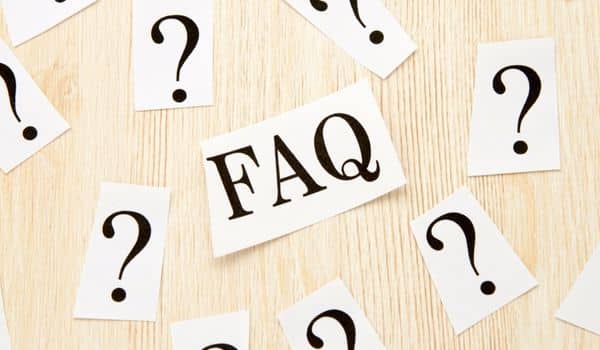
Is Breast Implant Illness Curable?
- While there is not a lot of research on the outcomes of breast explant surgery to treat Breast Implant illness, most women who have had the surgery report that their symptoms have improved significantly or disappeared. Usually, symptoms resolve within three months of having breast explant surgery – but many patients report that they felt better immediately after having explant surgery.
How Can I Reduce My Risk of Developing BII?
There is no guaranteed way of preventing BII from developing, as at this stage, we don’t know what causes some women to experience these symptoms. However, Dr Gittos always recommends taking steps toward a healthy lifestyle before and after having cosmetic or plastic surgery, to reduce the risk of complications and increase the chance of a good recovery.
These steps for a healthier lifestyle include:
- Eating a healthy, balanced diet
- Getting regular exercise
- Having a healthy sleep schedule
- Limiting alcohol consumption
- Smoking cessation
- Reducing stress levels
These steps can all contribute towards decreasing the body’s inflammation levels and promoting fast healing after cosmetic surgery.
Can I Have Breast Implants Replaced After Recovering From BII?
If the reason you have had your breast implants removed is due to BII symptoms, Dr Gittos generally does not recommend having breast implants replaced.
If you would like to improve the appearance of your breasts but need or want to have your breast implants removed, it is possible to combine breast implant removal with a breast lift or fat transfer instead.
These surgical techniques work to:
- Reduce any drooping and sagging of the breasts
- Remove loose or excess skin
- Improve the breast contour
- Increase the firmness of the breasts
Breast augmentation with fat grafting, or having a breast lift, is not connected with the development of BII symptoms, or other breast-implant complications such as BIA-ALCL.
If you have already had breast implants removed due to BII but would like to have further cosmetic surgery, you are welcome to talk to Dr Gittos about what surgical solutions would be best for you, your body, and your goals.
I’m Scared of BII – Should I Have My Implants Removed?
- If you are feeling anxious or nervous about developing BII, Dr Gittos encourages you to get in touch with him – even if you don’t have any symptoms. He is happy to talk with you about your concerns, and discuss the options that might be available for you.
Read about Breast Augmentation Surgery with Dr Gittos
References about Breast Implants and Breast Implant Illness
- Breast Implants
- What Is Breast Implant Illness?
- Breast Implant Illness (BII): What It Is, Symptoms & Treatment
- Breast implant illness: scientific evidence of its existence
About Dr Mark Gittos FRACS (Plast) – New Zealand Plastic Surgeon
Practice locations in Herne Bay Auckland, Northland and Bay of Plenty – Kerikeri, Whangarei, New Plymouth & Tauranga
Dr Mark Gittos is a leading Specialist Plastic Surgeon and operates a practice in Herne Bay, Auckland and in the UK. The practice focuses on both surgical and non-surgical procedures, each designed to help restore, improve or change a physical characteristic or problem. The first step in every case is to talk through your personal requirements and explore all the options, before deciding on the most effective solution.
Dr Mark Gittos offers high quality, natural-looking cosmetic surgery results and is highly experienced in Breast, Body and Face Surgery having performed over 4000 Surgeries in the last 26 years. With worldwide expertise Dr Gittos is an expert in breast, face and body surgery for men & women.
Naturally, before any treatment is begun, we will explain clearly the advantages and risk factors; so that you have the information you need to make an informed decision that is best for you. Visit the practice to find out more.

NEXT STEPS
Please NOTE: Dr Gittos only performs surgery on non-smoker patients with a BMI less than 30. To check your BMI please visit the NZ Heart Foundation website. For help giving up smoking before surgery visit the Smoke Free website
Do your Research
- Read the Website and Blogs relevant to your procedure
- Browse our Frequently Asked Questions including how to choose a Surgeon for your procedure
- Download and read the FREE Guides to Surgery
What to Bring to your Plastic Surgeon Consultation
- Bring a friend or relative to help discuss the information and your choices
- Take lots of notes and read the documents provided thoroughly
- Dress in simple clothes as you may need to undress for examination
- Bring your medical referral and any relevant medical documents or test results
Book your Initial Surgery Consultation
- A Referral from your GP or specialist is helpful but NOT essential – you can have a consultation without a GP Referral
- Email us or Call on 09 529 5352 to arrange your surgeon consultation appointment.
- Book a consultation with Dr Gittos by paying the Consultation Fee – $325 incl GST
Traveling for Surgery? – Consider post-surgery luxury recovery in a Hotel with LuxeCare
Please contact us to arrange to book a consultation with our Specialist Plastic Surgeon or to speak with our Patient Care Advisor.
Send an enquiry form today or phone 09 529 5352 during Clinic Hours.
